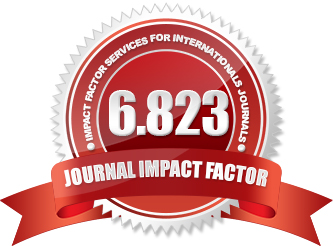The Effects of Written Feedback on Second Language Writing
DOI:
https://doi.org/10.51699/pjcle.v2i5.380Keywords:
feedback, written corrective feedback, second language writing, feedback effectiveness, error correction, direct and indirect feedback, focused feedback, comprehensive feedbackAbstract
The present study explored the effectiveness of different types of written corrective feedback and error logs in L2 writing focused on English articles. For this study, during a semester, 25 undergraduate students in two intact ESL writing courses received implicit or explicit feedback while one of the classes were asked to keep error logs after receiving corrective feedback. To examine students’ improvement, analysis of four writing tasks and a grammaticality judgment test were carried out. Statistical analysis of the data showed that corrective feedback was effective on the acquisition of English articles, and keeping error logs after receiving corrective feedback was effective to help students to better retain the received corrective feedback. The results also showed that implicit corrective feedback was more effective than explicit corrective feedback when students were asked to keep error logs after receiving corrective feedback while explicit corrective feedback was more effective when they did not keep error logs. The results suggest that receiving corrective feedback and keeping error logs can have a positive effect on L2 acquisition and the effectiveness of implicit and explicit feedback can be affected by other variables.






